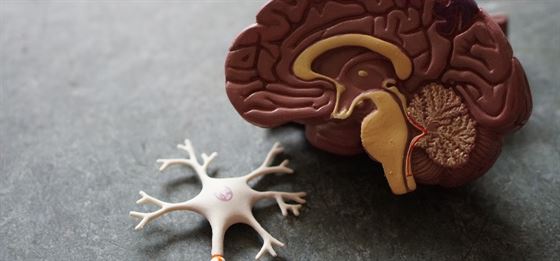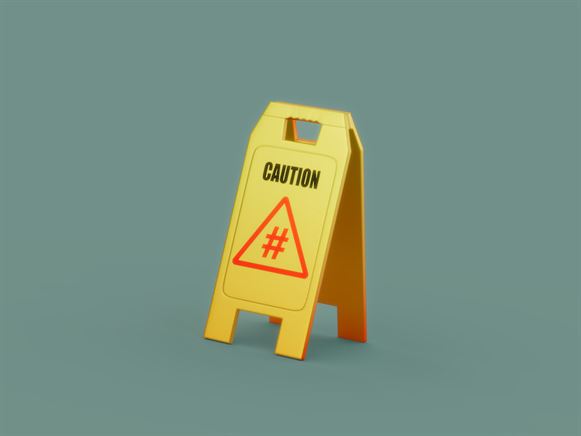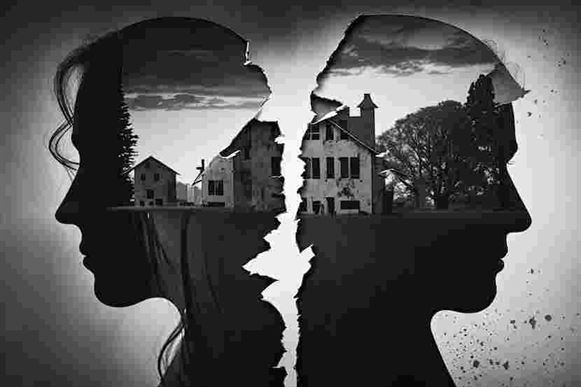
When does therapy become a necessary means of support?
.jpg)
Life can be tough and everybody goes through challenges which can leave you feeling overwhelmed, burnt out or just plain exhausted. If you are struggling to cope with your thoughts and feelings, and it's impacting your work, relationships and how you manage everyday activities, it might be time to seek professional help.
Research shows that nearly 75% of those who had therapy have found it to be beneficial. Therapy can provide you with the tools and support you need to work through your difficulties, develop healthy coping mechanisms and find a renewed sense of joy and purpose in life. Choosing to seek professional mental health support can be scary, and sometimes a person can feel embarassed to the point of refusing to acknowledge they need help. If you are not sure whether therapy is right for you or are feeling shy about reaching out, consider these eight signs that can tell you it may be time:
1. You Are Struggling to Cope With a Major Life Event
Whether it's the death of a loved one, the end of a relationship or losing your job, major life events can take a toll on our mental health. If you find yourself struggling to cope with day-to-day tasks or you are starting to experience symptoms of anxiety or depression, it might be time to seek professional help. A therapist can provide support and guidance as you work through this tough time.
2. You Are Using Substances to Cope With Your Emotions
Turning to drugs, alcohol or other substances to numb your emotions is a clear sign that you need help. It's important to deal with your emotions in a healthy way and a therapist can help you learn how to do that. Substances may provide temporary relief, but they will ultimately make things worse in the long run.
3. You Are Experiencing Chronic Stress or Anxiety
Feeling stressed or anxious from time to time is normal. But if you are constantly on edge, it could be signs of an underlying problem. Chronic stress and anxiety can lead to physical health problems, so it's important to get help if you are struggling to manage your anxiety levels. . A meta-analysis of several studies reveals therapy can help reduce symptoms of depression, anxiety and even anorexia nervosa. A therapist can help you identify the source of your anxiety and develop healthy coping mechanisms
4. You Are Having Difficulty Maintaining Relationships
Healthy relationships are an important part of everybody’s life, but they can also be difficult to maintain. Toxic relationships can cause a lot of stress and anxiety, so it's important to get out of them if you can. If you find yourself constantly arguing with your partner or you're feeling isolated from your friends, it might be time to seek professional help. A therapist can help you identify the problem areas in your relationships and develop healthy communication skills.
5. You Are Feeling Lost or Purposeless
It's not uncommon to feel like life is passing by when you hit a certain age. But if you find yourself struggling to figure out what you want out of life or you are feeling directionless, it's a sign something needs to change.
6. You Are Self-Harming
Self-harming behaviour like cutting or burning oneself is a sign that something isn't right. Identifying the underlying causes of self-harm can be difficult, but a therapist can help. If you're struggling to cope with your emotions, therapy can provide the support you need.
7. You Have Experienced Trauma
Overcoming trauma can be a difficult and lengthy process. A therapist can provide you with the support and guidance you need to work through your trauma and help you start the healing process. Therapy can be empowering and it can help you reclaim your life.
8. You Are Having Suicidal Thoughts
Studies by WHO reveal suicide is among the leading causes of death for 15-29-year-olds. Therapy can enable you to understand why you are experiencing suicidal thoughts and give you the tools you need to manage them. If you find yourself having suicide ideation it is imperative you seek mental health support immediately and confide in a family or friend who you trust and feel safe with. If you are alone and having suicidal thoughts, please contact your emergency center.
Talking to a professional who can offer impartial advice, be non-judgemental and offer a safe space can be beneficial for many people. Therapists can provide support and guidance as you work through tough times in your life. Don't suffer in silence - reach out for help today!
Articles
Build your awareness and get inspired with our researched articles on how you can strengthen your well-being
Popular Topics
An OTP has been sent to the email address
provided.
Please check your Inbox and Spam folders.

What Would You Like to Speak with a Specialist About?
Mental Fitness Journey starts Now!
Chearful Connects you with Top-tier Qualified Wellness specialists for the Price of a cup of Coffee!

Next Steps
- A Client Team member will reach out to you to schedule a session with the most suitable specialist.
- You will receive an email with a 10% Discount Code* for your 1st session.
- We invite you to Explore the Platform & Sign Up today! *Upto a maximum of $10 discount on a session purchased




 3229 Read
3229 Read



.jpg)









.png)

.jpg)

.jpg)




.jpg)
































.jpg)

.jpg)






































